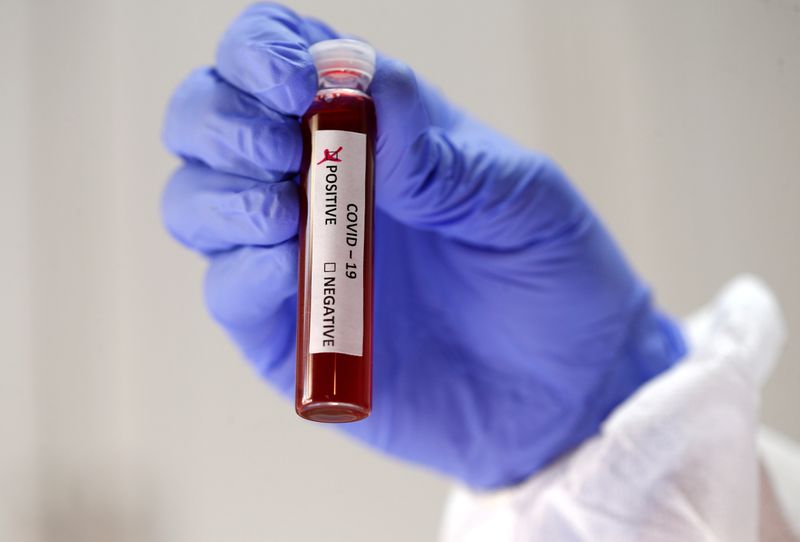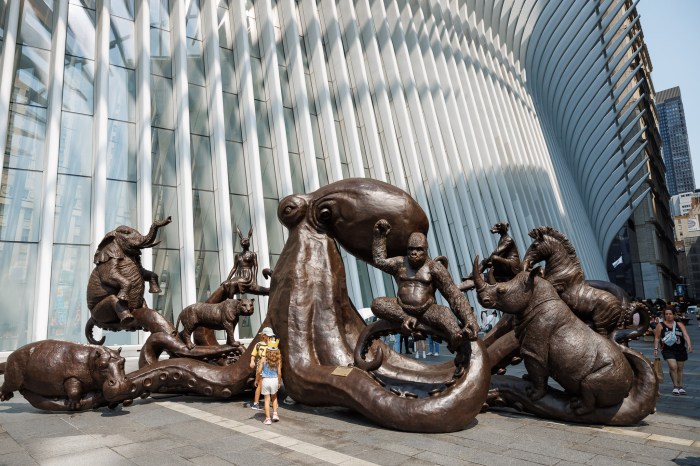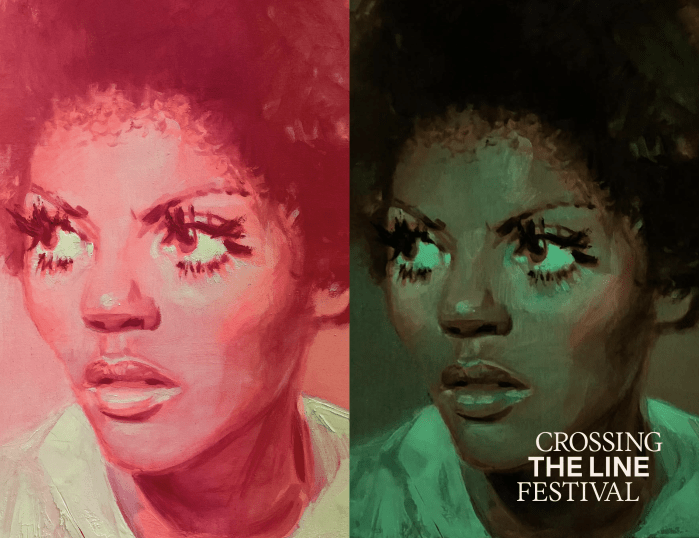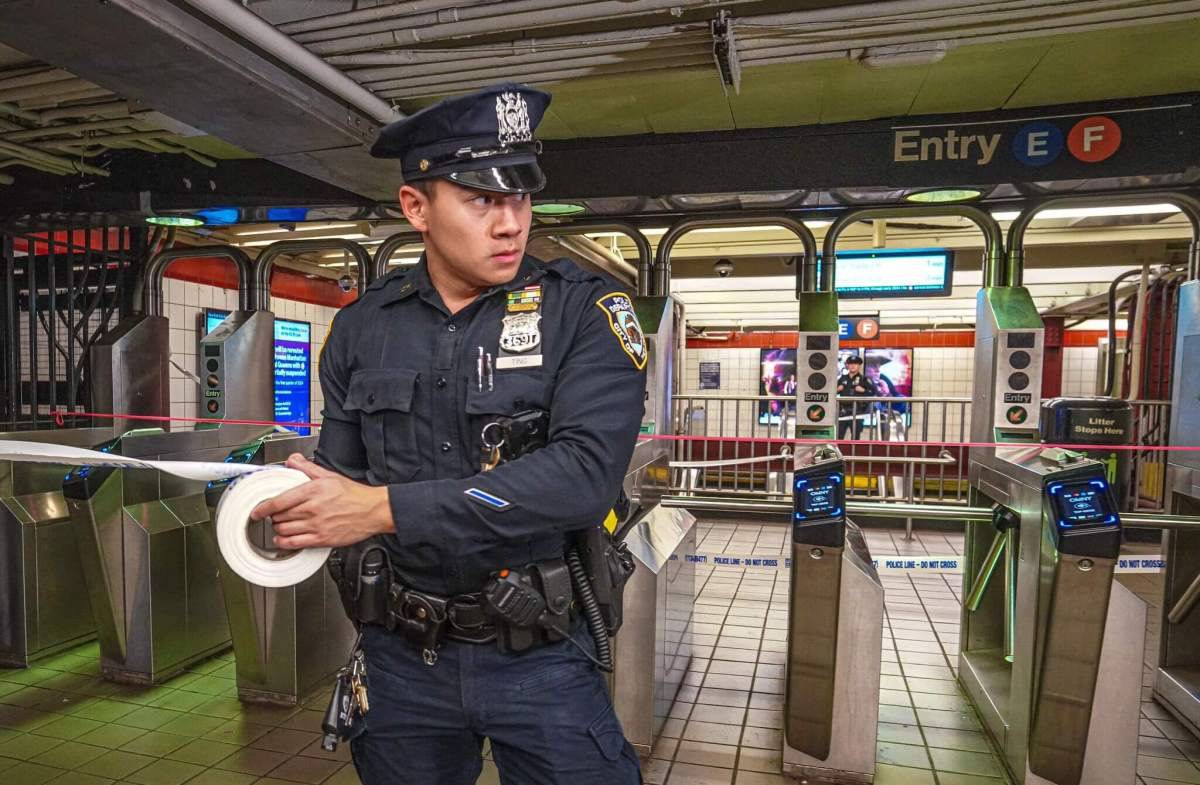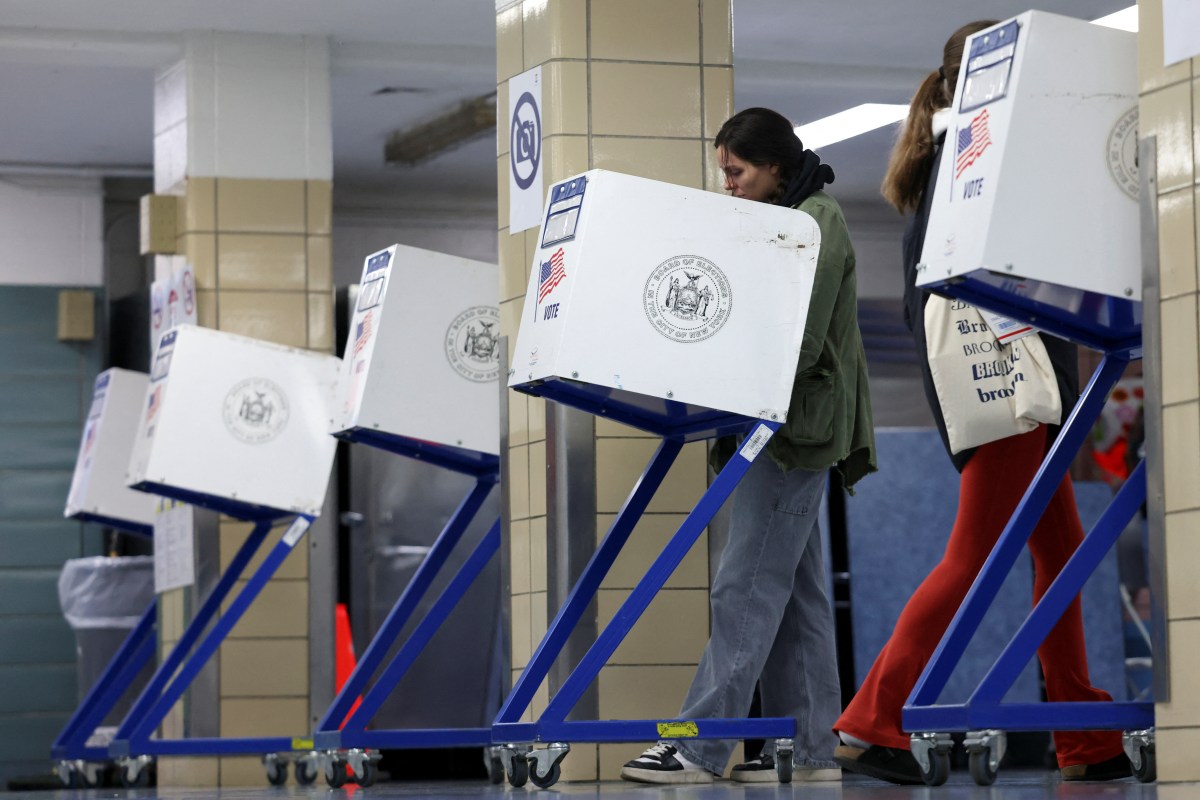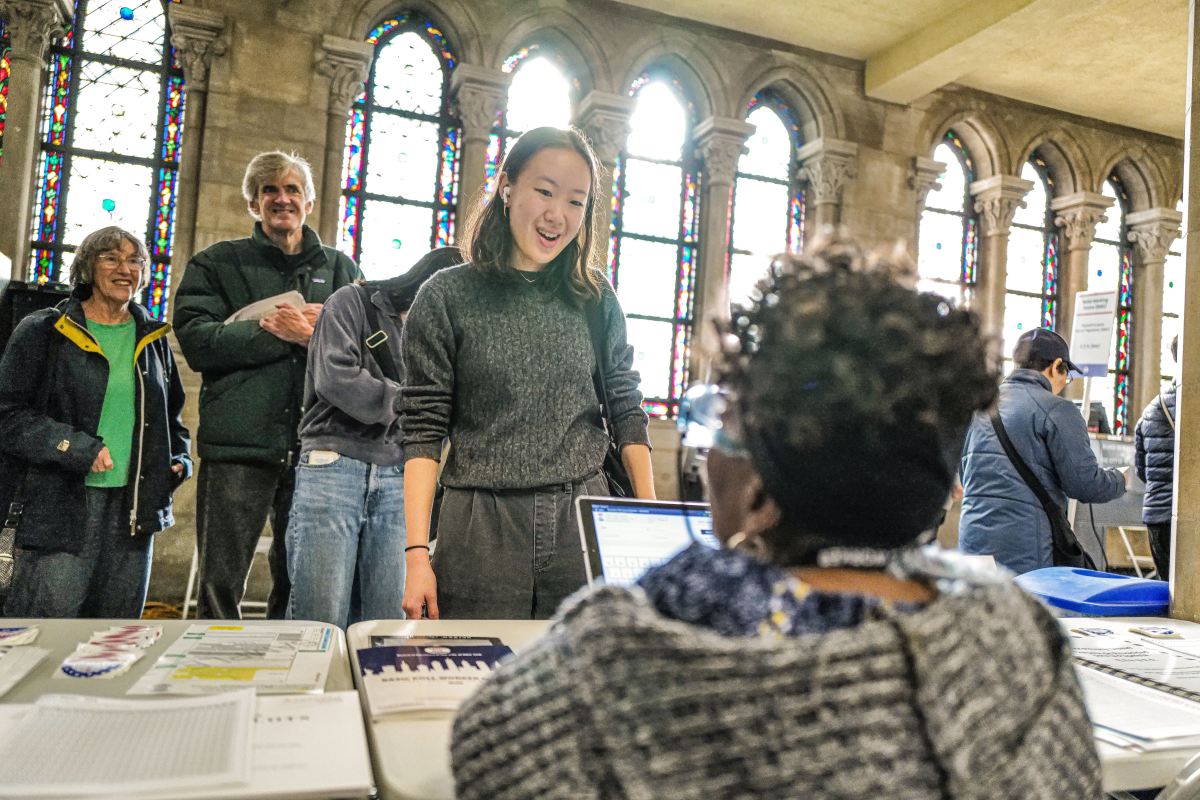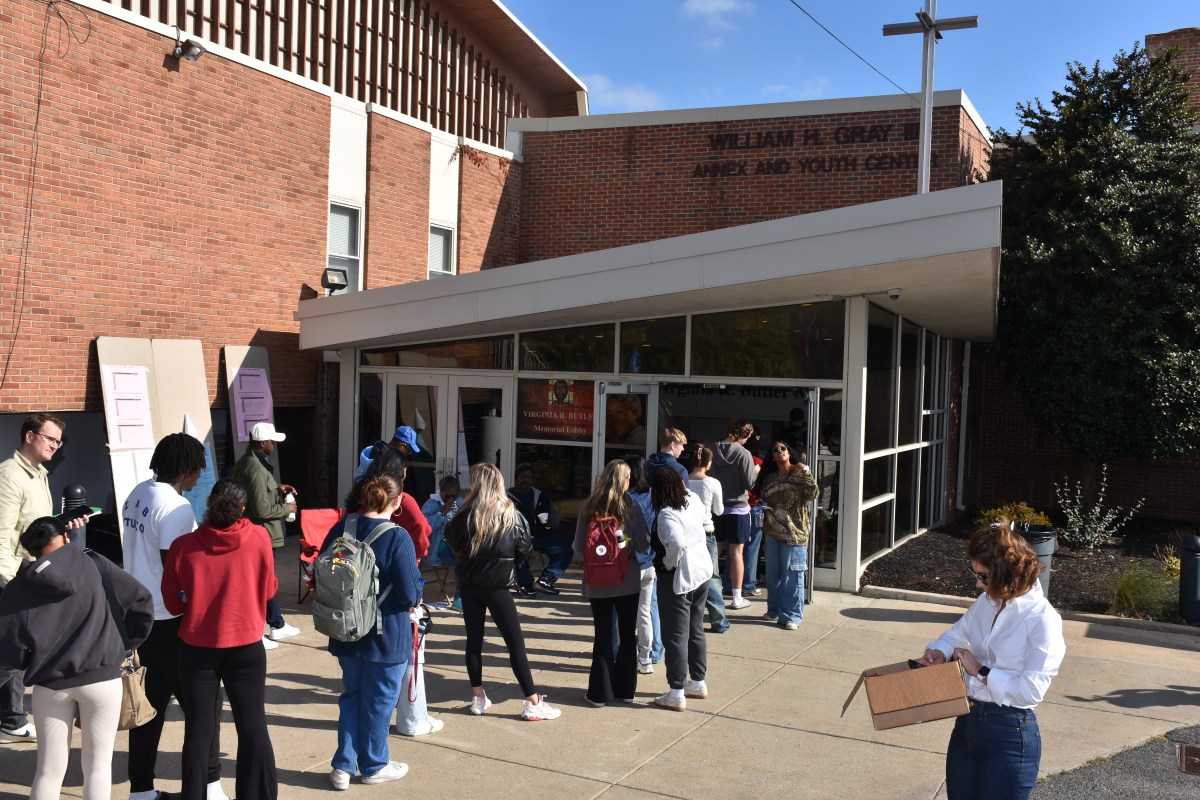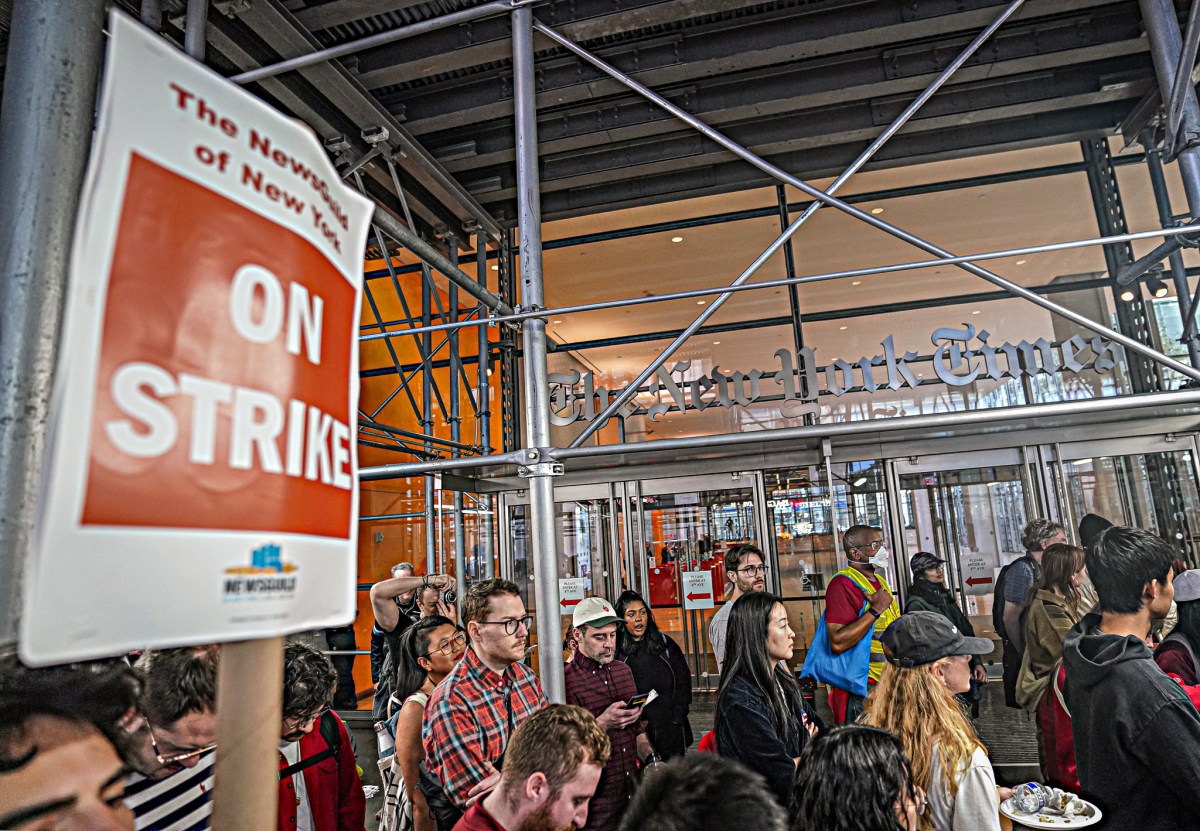(Reuters) – Here’s what you need to know about the coronavirus right now:
Airborne transmission
Hundreds of scientists say there is evidence that the novel coronavirus in smaller particles in the air can infect people and they are calling for the World Health Organization (WHO) to revise its recommendations, the New York Times reported on Saturday.
However, the health agency said the evidence for the virus being airborne was not convincing, according to the NYT.
“Especially in the last couple of months, we have been stating several times that we consider airborne transmission as possible but certainly not supported by solid or even clear evidence,” Dr Benedetta Allegranzi, the WHO’s technical lead of infection prevention and control, was quoted as saying.
World’s third-highest
India now has the world’s third-highest number of novel coronavirus cases behind Brazil and the United States at nearly 700,000, according to the latest data, as the outbreak shows no sign of slowing.
India has seen eight times the number of cases recorded in China, which has a similar-sized population and is where the virus originated late last year.
Late on Sunday, India cancelled the planned reopening of the Taj Mahal, citing the risk of coronavirus infections spreading in the city of Agra from visitors flocking to see India’s most famous monument.
Agra, site of one of India’s first big clusters of the virus, remains the worst-affected city in Uttar Pradesh, the country’s most populous state.
Not since the Spanish flu
Officials are closing the border between Australia’s two most populous states from Tuesday for an indefinite period as they scramble to contain an outbreak of the coronavirus in the city of Melbourne.
It will be the first time the border between Victoria and New South Wales has been shut in 100 years. Officials last blocked movement between the two states in 1919 during the Spanish flu pandemic. Victoria’s only other internal border, with the state of South Australia, is already closed.
The number of COVID-19 cases in Melbourne, Victoria’s capital, has surged in recent days, prompting authorities to enforce strict social-distancing orders in 30 suburbs and put nine public housing towers into complete lockdown.
Slow and painful recovery
German industrial orders rebounded moderately in May and a fifth of firms in Europe’s biggest economy said in a survey published on Monday that they feared insolvency, adding to expectations of a slow and painful recovery from the pandemic.
Germany has withstood the health crisis better than other big European countries, recording fewer COVID-19 deaths. Its economy has been relatively resilient during more than six weeks of lockdown owing to generous stimulus packages and a decision to keep open factories and construction sites.
But data showing that industrial orders had risen by a record 10.4% during a month when restrictions were gradually lifted, almost a third less than forecast in a Reuters poll, dashed hopes of a quick return to pre-crisis business activity.
“The orders data signal that the manufacturing sector recession has overcome its low point,” the Economy Ministry said. “But the low level of orders also shows that the recovery process is far from over.”
UK pledges boost for the arts
Britain will invest nearly $2 billion in the arts and hopes to allow outdoor and socially distanced performances at cultural venues as it tries to help a high-profile sector hit hard by the coronavirus.
Spanning theatres in London’s West End, opera houses and ballet companies putting on big-budget performances to provincial venues up and down the country, the industry is a prominent British export and popular among tourists and locals alike.
It has been without a live audience since lockdown measures were imposed in March, however, while other sectors have begun to reopen.
The Royal Albert Hall, home to events such as the eight-week long run of classical music concerts known as the BBC Proms, warned late last month that it would run out of cash by early 2021.
(Compiled by Karishma Singh and Linda Noakes; Editing by Hugh Lawson)

